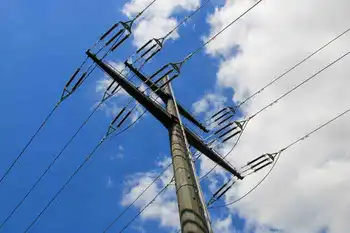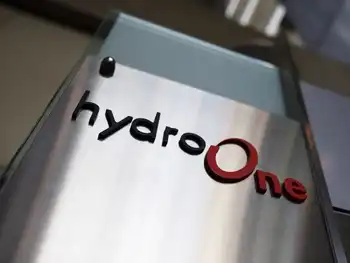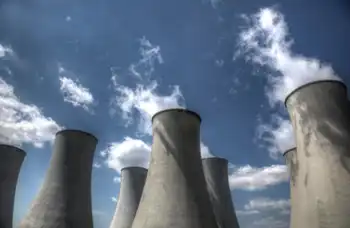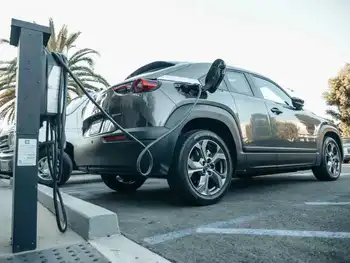Renewable energy key to state future: Oklahoma
By Associated Press
Electrical Testing & Commissioning of Power Systems
Our customized live online or in‑person group training can be delivered to your staff at your location.

- Live Online
- 12 hours Instructor-led
- Group Training Available
During a forum on energy policy at Oklahoma Christian University, House Speaker Chris Benge described renewable portfolio standards as a "nonstarter" in the Oklahoma Legislature.
Such standards, in place in more than 30 states, require electric utilities to obtain some of their power from solar, wind and other renewable sources.
Benge, R-Tulsa, said those types of industry mandates are never popular in the Oklahoma Legislature, but he acknowledged the important role that renewable sources will play in Oklahoma's energy future.
Benge said he supports an "all-of-the-above" approach to energy, which includes promoting renewable sources as well as the state's domestic production of oil and natural gas.
"We ought to be using all of our assets," Benge said. "As an energy-producing state with a lot of expertise in the energy arena, we have an opportunity to inject ourselves nationally into that discussion."
Oklahoma's new energy secretary, Robert Wegener, said while many individual states have passed renewable portfolio standards, little movement has been made at the federal level to implement such standards nationally.
Both Wegener and Benge stressed the importance of natural gas and the impact it would have on the state's economy.
"Oil just can't carry the load on its own anymore," Wegener said. "Natural gas is underutilized, clean, abundant.
"But natural gas is losing the policy battle, especially in Washington. It's getting killed by coal."
While Benge has helped pass tax incentives to promote the use of natural gas, particularly as a fuel source for vehicles, he said the declining price of natural gas is keeping lawmakers from passing more incentives for renewable options like geothermal power.
Gross production taxes on oil and natural gas have been slumping in recent months, particularly in August when they yielded $20.8 million. That was $75.8 million, or 78.5 percent, below the prior year and $48.3 million, or 69.9 percent, below the estimate.
"We had a bill that ended up stalling out this past session to provide tax credits for the installation of geothermal units in either a home or business," Benge said. "But the budget situation being like it is, it's going to create a challenge. It's hard to overcome."











